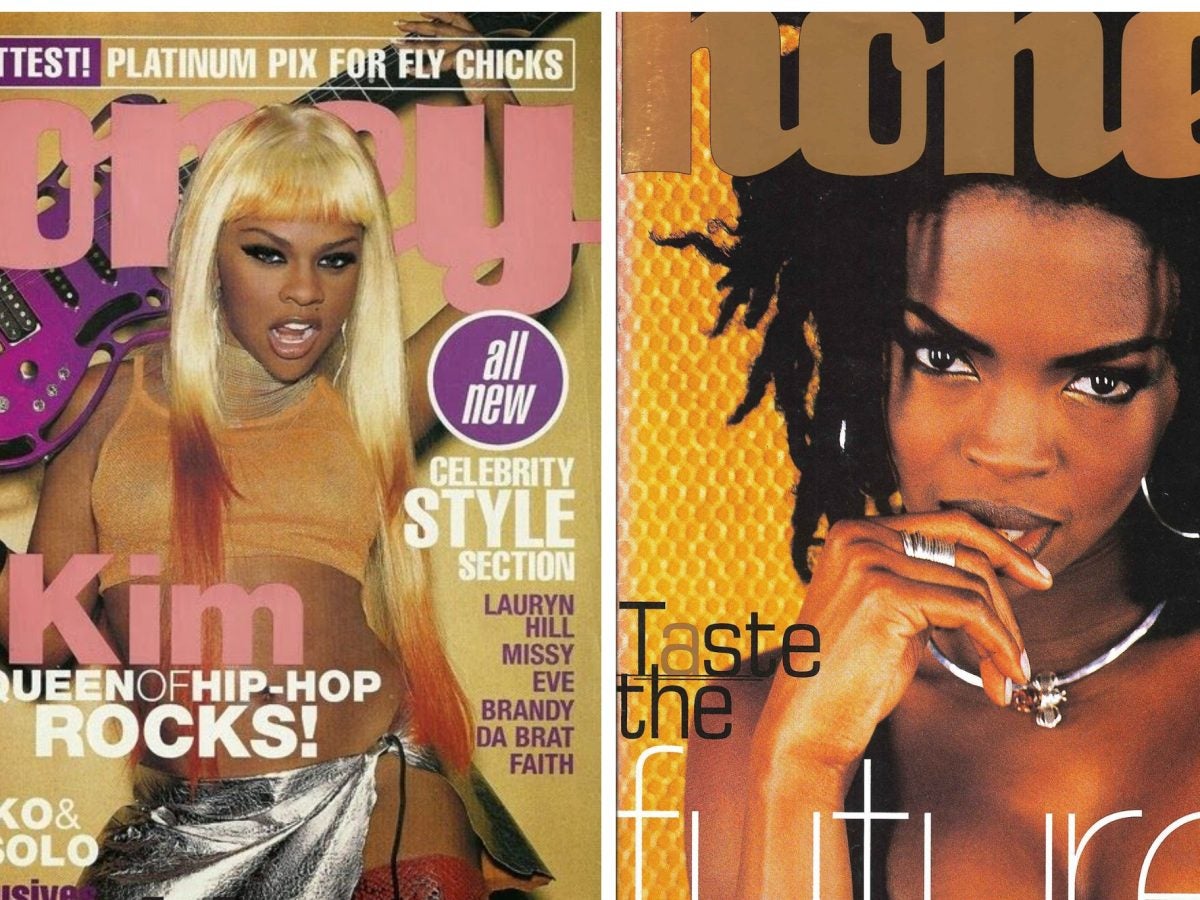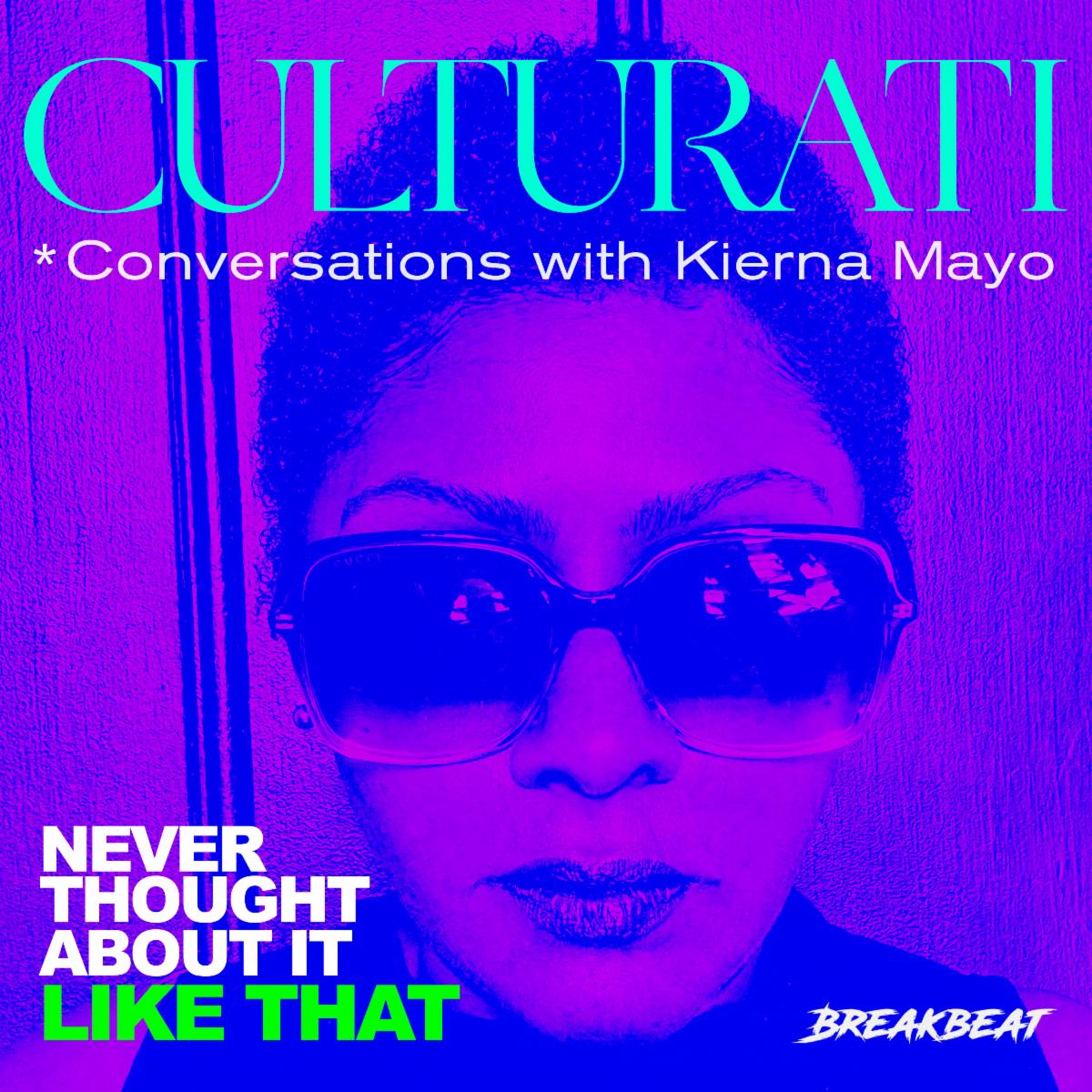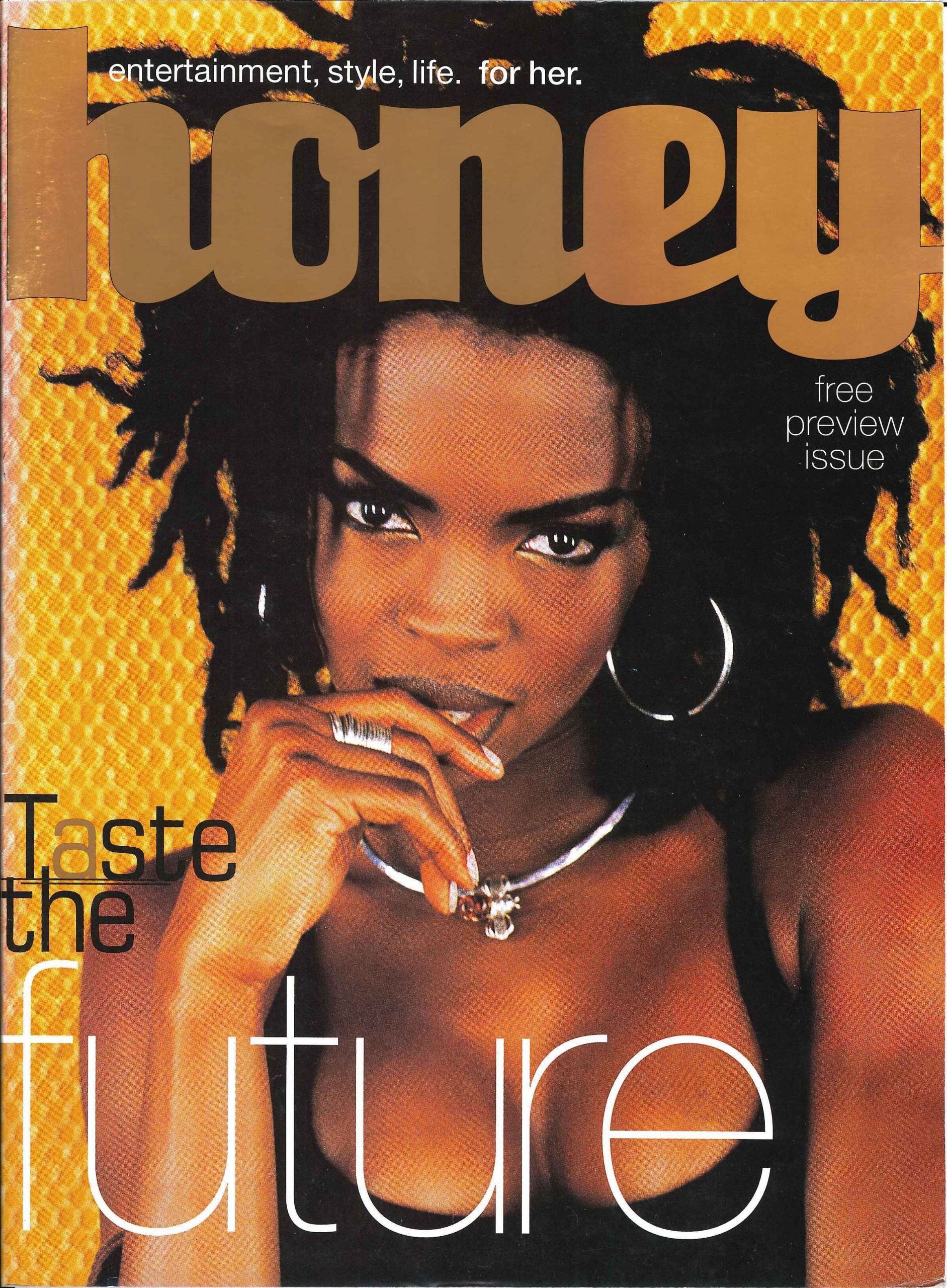
Business can get sticky, and nobody knows that better than the co-founders of Honey magazine. Kierna Mayo and Joicelyn Dingle set out to create a magazine that spoke to contemporary Black women who mirrored each others’ styles and spirits, birthing the idea beneath a tree in Brooklyn’s Fort Greene Park.
The goal as Mayo described was to use “words, ideas and images,” to “love up on each other.”
In 1999 they released a preview issue that captured the spirit of a generation. Shortly a lack of options and resources forced them to cede control of the business to a publishing company that did not share their commitment to the vision. When their parent company sold to a company being headed up by a Black man they expected to be on the same page with him but what they discovered was a boardroom “bromance” that they were left on the outside of.

The pair discussed their experiences bringing the magazine potential to page turner and ultimately walking away from it on the first episode of Mayo’s Culturati podcast. “Y’all wanna hear a story about me and this sis lost our magazine,” asked Mayo. “It’s kind of long but it’s full of suspense.”
“This was like my child,” said Dingle. “I just feel like somebody took my creation, my thing away from me.” Mayo even sat down with Keith Clinkscales, who purchased the magazine before it shuttered after just one year, to discuss where their professional relationship went south in the second part of the premiere. Along the way gems were dropped that every entrepreneur can learn from.
Looking to protect your Black business? See seven lessons we learned from the history of Honey below.
- Sometimes You Have To Cross The Line To Secure The Bag
The iconic image of Lauryn Hill appearing in front of honeycombs on the magazine’s preview issue almost didn’t happen. When the duo reached out to the singer they initially did not receive a response. Dingle went as far as calling Hill’s momma’s house to plead their case and it paid off, helping them build a brand that we would still be talking about in 2021.
- Always Lawyer Up
Mayo and Dingle were told that they didn’t need representation when they initially sold their magazine to the now defunct Harris Publications. According to Mayo the company “claimed they were already going to do something” similar to what she and Dingle had created with Honey. “Our goal of ownership was thwarted from the get-go,” she said.
“Harris Publications let us know we didn’t need to bring our lawyers or our business plan because it was a simple offer on the table.”
“Sure you can be editorial director and editor-in-chief,” she recalled being told. “But you’re not gonna have any vested stake.”

- Dope Concepts Require Capital (But It Comes With Strings)
Honey was an innovative, unique idea that was without the capital it needed to flourish.
Mayo addressed people thinking she and her partner were just “green,” and that they “did not handle our business.”
“There were no options, we were out of options,” she said.
“I didn’t want to staple the magazine together, I wanted perfect binding. I wanted a beautiful thing, a beautiful book to present to these women,” said Dingle. The need for the resources to do that landed them at a table where they had little leverage.
“They provided the money to make it happen,” she added.
That money also came with barely veiled racism and demands that they be more like Teen Vogue.
- You Can’t Leverage What You Haven’t Secured
Clinkscales pitched investors on the vision of a media company that he says was not centered on but definitely included Honey—but he did so without completely having significant buy-in from the two core members of the magazine’s creative team. Ultimately, when the deal went down the founders opted to move on.
“I had just got done talking to a bunch of investors about the greatness of this team and then when we get the magazine after going through all this stuff with Harris then we’re not gonna get the team,” he said.
Ultimately, when the deal went down the founders opted to move on. “We left so inauspiciously,” said Mayo. “We were just wiped away, we were erased.”
- Even Bosses Have Bosses
To the world Clinkscales appeared to be the man in charge but he admitted even he had parameters he had to work within in order to finance his operation.
“I was young to the world of private equity, I was young to the world of attorneys,” he said before revealing he did not even have the authority to make unilateral staffing decisions at his own company—like making sure the women who created the magazine they worked at could keep their titles.
“They were very clear about certain things and what could be offered. I’m dealing with the constraints that I’m provided.”
- Don’t Assume People Know Your Intentions
Clinkscales described the team as “integral to the publication,” and said he thought they would work the details of their involvement out later but by not expressing that to them effectively he sent another message entirely.
- It’s Okay To Get Up When Love Isn’t Secured At The Table
Mayo and Dingle walked away from their creation when they were offered what they considered to be a lowball offer of employment where they would not be permitted to keep their titles and the fact that they founded the magazine would be fiscally irrelevant.
Each went on to build careers that suited them, taking what they had learned with them.
Check out the full podcast here.




